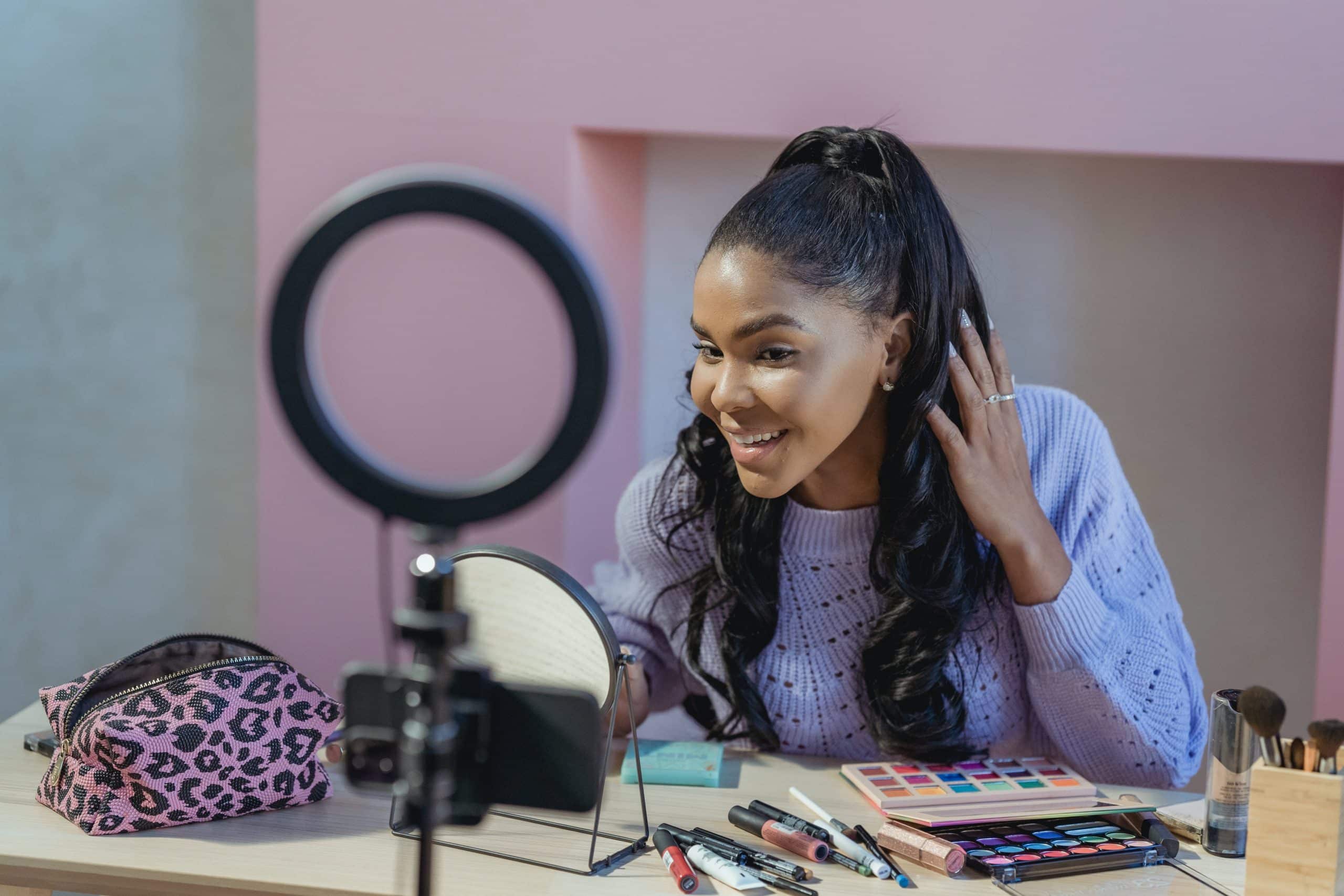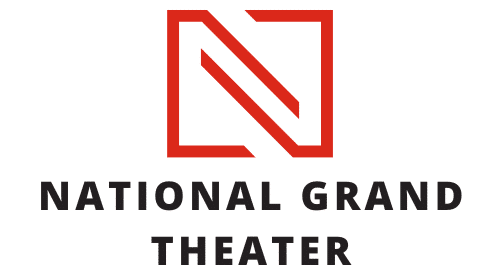The rise of customized beauty tech in the cosmetic industry

The dawn of the 21st century and the subsequent proliferation of digital technologies has seen a significant shift in the way industries operate, and the cosmetic industry hasn’t been left out. The rise of personalized beauty tech is a testament to this shift. Using keywords like beauty, industry, products, skin, technology, tech, cosmetics, brands, personalized, customers, consumers, product, consumer, cosmetic, customer, makeup, virtual, market, companies, and skincare, this article will offer an in-depth look at this trend and its impact on both brands and consumers in the beauty industry.
Embracing Tech in the Beauty Industry
The beauty industry has always been a fast-paced, innovative space. It constantly searches for the next big product or technique that will help consumers feel more confident and beautiful. However, in recent years, the industry has started to embrace technology in a more profound way, using tech to customize products and experiences to individual customers.
Sujet a lire : The business benefits of cloud computing in it infrastructure
Today, the beauty industry is teeming with brands using technology to offer personalized products. From skincare to makeup, companies are leveraging tech to analyze customers’ unique skin characteristics, lifestyle, and preferences to tailor-make products that cater specifically to their needs. This shift towards customization is a game-changer, offering benefits for both the customer and the brand.
The Role of Technology in Personalized Cosmetics
Technology plays a pivotal role in the rise of personalized beauty. The use of tech in the cosmetic industry takes various forms, including skin analysis devices, virtual makeup try-on apps, and algorithms that generate personalized skincare routines.
A découvrir également : The role of data analytics in personalized nutrition businesses
Skin analysis devices, for example, use high-resolution imaging and artificial intelligence to assess the condition of the user’s skin and suggest suitable products. Virtual makeup try-on apps, on the other hand, enable customers to try on different makeup products virtually, thus taking the guesswork out of shopping for cosmetics online.
AI is also utilized in crafting personalized skincare routines. Algorithms analyze data around a user’s skin type, lifestyle, and environment to recommend a skincare routine tailored specifically to their needs. This high-tech, personalized approach brings a new level of precision and customization to the beauty industry.
The Impact on Brands and Consumers
The use of technology in the cosmetics industry has a profound impact on brands and consumers alike. For brands, it provides a new avenue to engage with customers and generate loyalty. Thanks to personalized beauty tech, brands can now offer a more tailored, intimate experience, which can help foster a deeper connection with customers.
From the consumer’s perspective, these technologies offer a more personalized, efficient, and enjoyable way to shop for beauty products. Customization eliminates the trial-and-error process often associated with finding the right beauty products. With tech, consumers can now find products that are specifically formulated for their skin type and preferences.
The Future of Beauty Tech
The future of beauty tech looks promising, with constant advancements in technology and a market that is eager for innovation. As we move forward, we can expect to see even more advanced and diverse applications of tech in the beauty industry.
Imagine a future where devices can instantly analyze your skin condition and 3D print a facial mask tailored to your needs. Or a world where virtual reality is used for virtual spa experiences. The possibilities are endless, and with the pace at which technology is advancing, this future might not be too far away.
The rise of customized beauty tech in the cosmetic industry has set a new standard for personalization and convenience. As brands continue to explore and invest in technology, consumers can look forward to an even more personalized and interactive beauty experience.
The Integration of Social Media and Augmented Reality in Beauty Tech
A significant trend in the beauty industry is the integration of social media and augmented reality (AR) into beauty tech. This fusion is transforming the way beauty brands interact with their consumers and how consumers discover and buy beauty products.
Social media platforms like Instagram and TikTok are playing a significant role in the cosmetic industry, providing a platform for brands to showcase their products and engage with their customers. Cosmetic brands are utilizing these platforms to highlight the effectiveness of their products through tutorials, reviews, and user-generated content. This kind of content not only creates a buzz around the brand but also helps build trust with the consumer.
On the other hand, augment reality applications are revolutionizing the customer experience in the beauty industry. With AR, consumers can try on different beauty products virtually, making the online shopping experience more interactive and personalized. Brands like Estée Lauder have already leveraged AR, offering virtual makeup try-on tools on their website. This technology allows their customers to apply different makeup products digitally to see how they would look on their faces, thus making the shopping experience more engaging and efficient.
Furthermore, AR is also shaping the future of skincare. With AR technology, consumers can now scan their faces using their smartphones, and the application will analyze their skin conditions and suggest personalized skincare routines. This level of hyper-personalization has never been possible before and is set to be a game-changer in the beauty industry.
The Shift Toward Eco-Friendly Beauty Tech
Another noteworthy trend in the cosmetic industry is the move towards eco-friendly beauty tech. As consumers become more environmentally conscious, beauty brands are realizing the importance of sustainability. This shift is not only about creating eco-friendly beauty products but also about implementing sustainable technology in their operations.
For example, some beauty companies are investing in tech that minimizes waste in the product development process. This includes 3D printing technology, which allows for precise product creation, reducing the waste often associated with traditional manufacturing methods.
Moreover, companies are also exploring packaging solutions that reduce the industry’s carbon footprint. This includes using biodegradable materials and creating refillable packaging systems. For instance, personal care brand Loop has partnered with several major brands to offer a circular packaging system. Customers buy the product in a specially designed reusable package, and once they’ve used up the product, they return the package to the company to be cleaned, refilled, and reused.
In conclusion, the rise of customized beauty tech in the cosmetic industry is reshaping the way we buy and use beauty products. From skin analysis devices and virtual makeup try-on apps to social media engagement and eco-friendly practices, technology is revolutionizing the beauty industry. As brands continue to innovate and leverage these technologies, consumers can look forward to a more personalized, efficient, and sustainable beauty experience.
